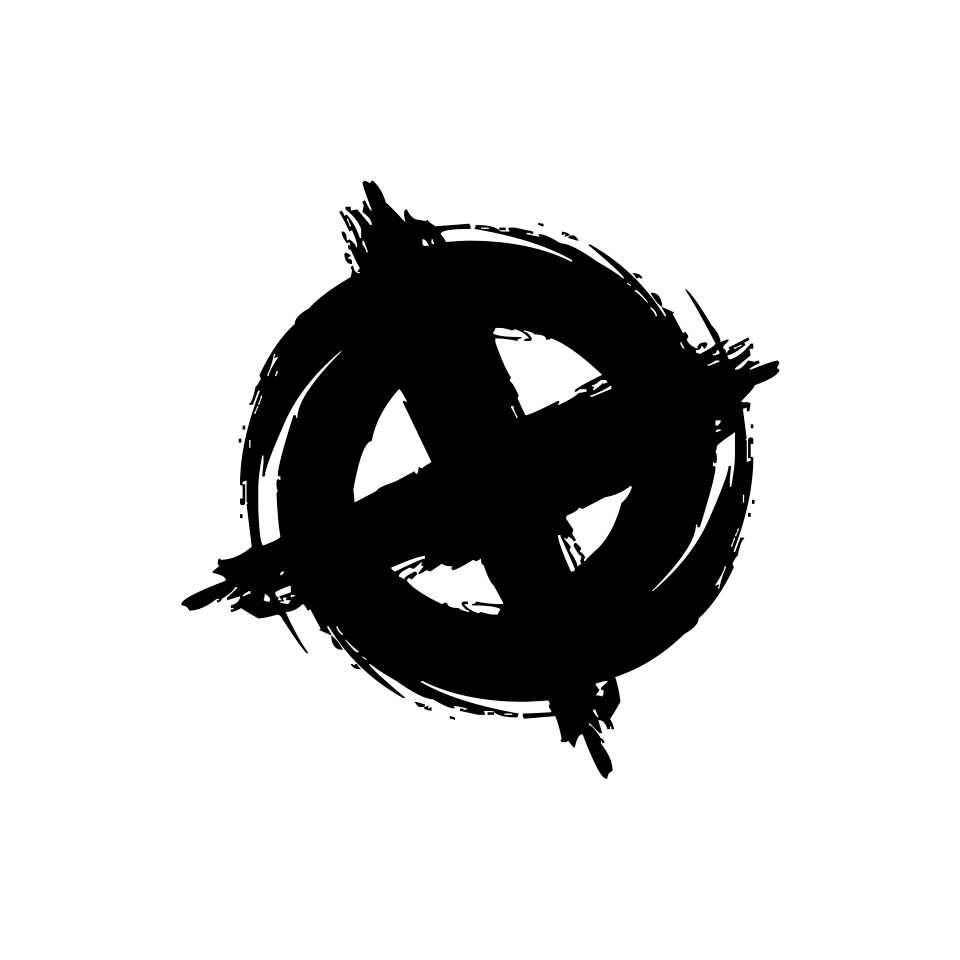HAPPY OR BETTER
We pulled this essay out of POISON - Sermons On Suffering because we are in a period when creative energy is being focused on big projects rather than the daily output. And besides, a little teaser from the tome might convince a few more readers to buy a copy.
___________
Happy or Better, which do you want to be? And what will it take to get you there?
During the past few weeks I've had a number of discussions with people about feedback and how it is often misused during training - by both coaches and trainees. The origin of these conversations is in the question I asked my friend Jeremy during a training talk we had in January, "What do you avoid during training?"
I wrote a piece on the subject of Problem Solving around the time of that discussion but realized later I had missed an important point.
At the time I figured that the key to improved performance is contained in the (honest) answer but I neglected to examine why we avoid the tasks that would help us improve the most. Later I recognized that we don't work on our weaknesses because we don't like how doing so makes us feel: the work is difficult, the personal feedback is negative. And because we don't do the task well we can't use performance as bait for positive social feedback - except among liars and flatterers who are too transparent to matter. Yet many of us expect praise-worthy performance of ourselves whenever we do something. We are content to be happy instead of willing to improve.
The fact is that, if we want decidedly positive feedback from performance of the sport or task then we have to accept - and seek out - negative feedback during training. Receiving it probably indicates we are trying to fix a hole in our capacity, confronting that intensity or duration we habitually, unconsciously avoid. It ain't great for the ego now but non-stop fluffy feedback in training is of little reassurance to the broken ego on race day. So make a choice.
Positive social feedback that enhances your own self-image is as easy to come by as opening your mouth or tapping a keyboard. Talk some shit, get some strokes. And while that might make you happy it won't make you better or inspire you to improve - because the feedback proves you don't need to!
Some fascinating research has shown that positive feedback works fine for novices because it helps sell the stoke, gets them interested and elicits commitment. Once an individual reaches intermediate level status in a particular pursuit it is negative feedback that fosters the best results. In fact, the more expert the individual the more they are deaf to positive feedback. Negative feedback tells an expert to work harder, while the same negative feedback tells the beginner to quit. Critical feedback, especially when crafted in a way to point out how we might improve, is more valuable than empty praise for what we may have done right.
Losing is negative feedback and we learn more from it than from restricting competition to such a degree that we can only win. To confront loss we must be brave enough to actually lose, and the small pond isn't dangerous enough. Irrational fear of failure keeps us from improving and that fear is entrenched in our very language, expressed by phrases like, "Failure is not an option." The sad news is that particular exclamation isn't even real. It is paraphrased marketing-hype-turned-battle-cry.
"Failure is not an option?"
Bullshit. It is and you should.
Then learn from it. Pick yourself up. Assume the lessons. And go again.
“And if thou gaze long into an abyss, the abyss will also gaze into thee.” —Nietzsche


